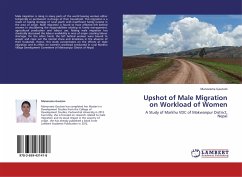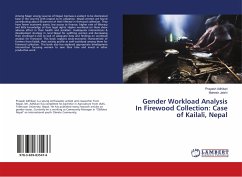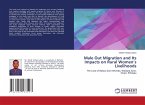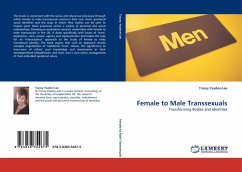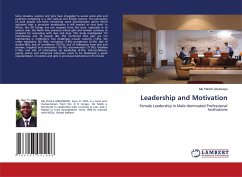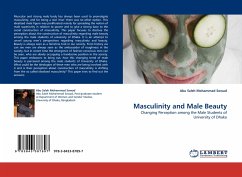Male migration is rising in many parts of the world leaving women either temporally or permanent in-charge of their household. This migration is a result of coping strategy of rural youth with insufficient family income in the area of origin. Male migration is found to have affected left behind women in shouldering the responsibilities relating to family management, agricultural production and labour use. Raising male migration has drastically decreased the labour availability in area of origin creating labour shortage. On the other hand, the left behind women were bound to accept and cope wit the mental stress and loneliness in the absence of their husbands. Hence, this study concentrates on the effects of male migration and its effect on women's workload conducted in rural Markhu Village Development Committee of Makwanpur District of Nepal.
Bitte wählen Sie Ihr Anliegen aus.
Rechnungen
Retourenschein anfordern
Bestellstatus
Storno

